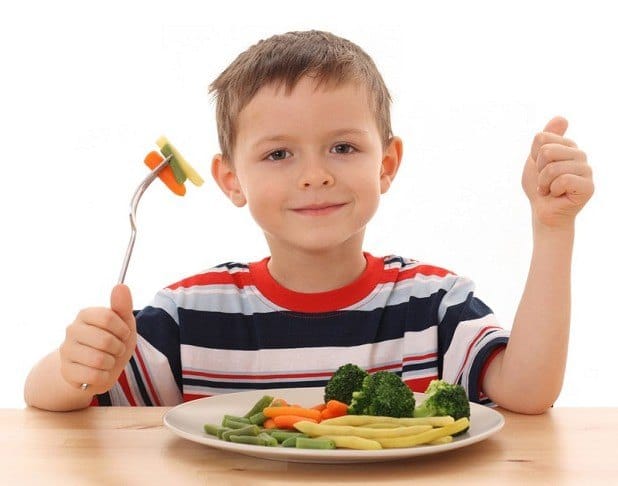NOW is always the best time to set your children up for success in school by integrating healthy habits into their lives.
Breakfast
You’ve heard this before, but breakfast really is the most important meal of the day. A good solid protein rich breakfast will get your child’s day headed in the right direction. The first thing is to make time for breakfast. Mornings can be hectic. Getting everyone dressed, fed, and on the bus or into the car can be a stressful time, making it hard to prepare a healthy breakfast for the family. The morning rush can lead to some bad breakfast habits, such as grabbing a quick bowl of sugary cereal, a bagel, some juice, or, gasp, a Pop Tart. With just a little bit of planning and timing, it’s simple to make better choices.
Eggs are a great source of concentrated protein. For some added flavor and nutrition, add green vegetables, bell peppers, onions, mushrooms, tomatoes, or even easier, pre-made salsa (no sugar added). For less labor-intensive options, choose plain Greek or soy yogurt with fresh berries, or in a pinch, one slice of whole grain or sprouted grain bread with almond or cashew butter. Oatmeal with fresh berries is also an easy breakfast option.
Another nutritious option is to make smoothies for breakfast. The ingredients can be prepped the night before, stashed in the fridge, then made into a smoothie in the morning, leaving you with literally 30 seconds of morning prep. Be sure to include plenty of fresh green leafy vegetables, fresh or frozen berries or other fruit, and a healthy protein like hemp hearts, flax or chia seeds. Other options are raw cacao powder for anti-oxidants, half an avocado for thicker texture, and coconut water instead of water for an electrolyte boost.
Avoid fruit juices, or cut them with at least half water. Juice is just fruit with the fiber removed. Instead of juice, opt for a piece of fruit. Children and teens should not be consuming caffeinated beverages such as coffee.
I also advise sitting and eating, instead of eating while running around getting ready, or eating in the car. Easier said than done, but set the alarm 10 minutes earlier and take time to actually digest your healthy breakfast.
Healthy Snacks
Set your child up for success by providing them with healthy snacking options. Chips, pretzels, and candy bars may be satisfying while they are being consumed, but provide no nutritional value. Instead opt for protein rich healthy snacks like yogurt, nuts, fresh fruit with nut butter, or vegetables and hummus. As children get older, we obviously have less and less control over their snacking, so it’s important to start as early as possible developing healthy snacking habits.
Dinner
Dinner should be a time to sit down together and discuss your day. Making time to connect as a family is very important to maintaining healthy communication. Dinner should consist of a protein, a vegetable, and a small portion of healthy grains like rice, quinoa, or whole grain pasta or bread.
Water and other beverages
Kids and teens should drink half of their body weight in ounces of water. A 120 pound person should therefore consume 60 oz. of water. Many schools have policies now disallowing students from carrying a water bottle. You may have to get a doctor’s note so your child can have water with him or her throughout the day. Soda and especially energy drinks should not be part of the diet at all. A habit of sugar-filled and caffeinated beverages can be hard to break. These drinks give us an immediate burst of energy and inevitable crash. In order to get through the crash, our body then craves more sugar, stimulants or simple carbohydrates, which of course, leads to another boost and crash cycle.
Sleep
Proper sleep is critical for school performance. Good sleep hygiene habits include having a stable bed time, even on weekends, and sleeping in a totally dark room without television, lights from electronic devices, or light coming from outside. Kids should not be using electronic devices for an hour before bed time. Children and teens need more sleep than adults, but often think they need less. Consistency and structure are the key to good sleep habits.
Also check The Parent.Guide’s Guide to Prenatal Care



